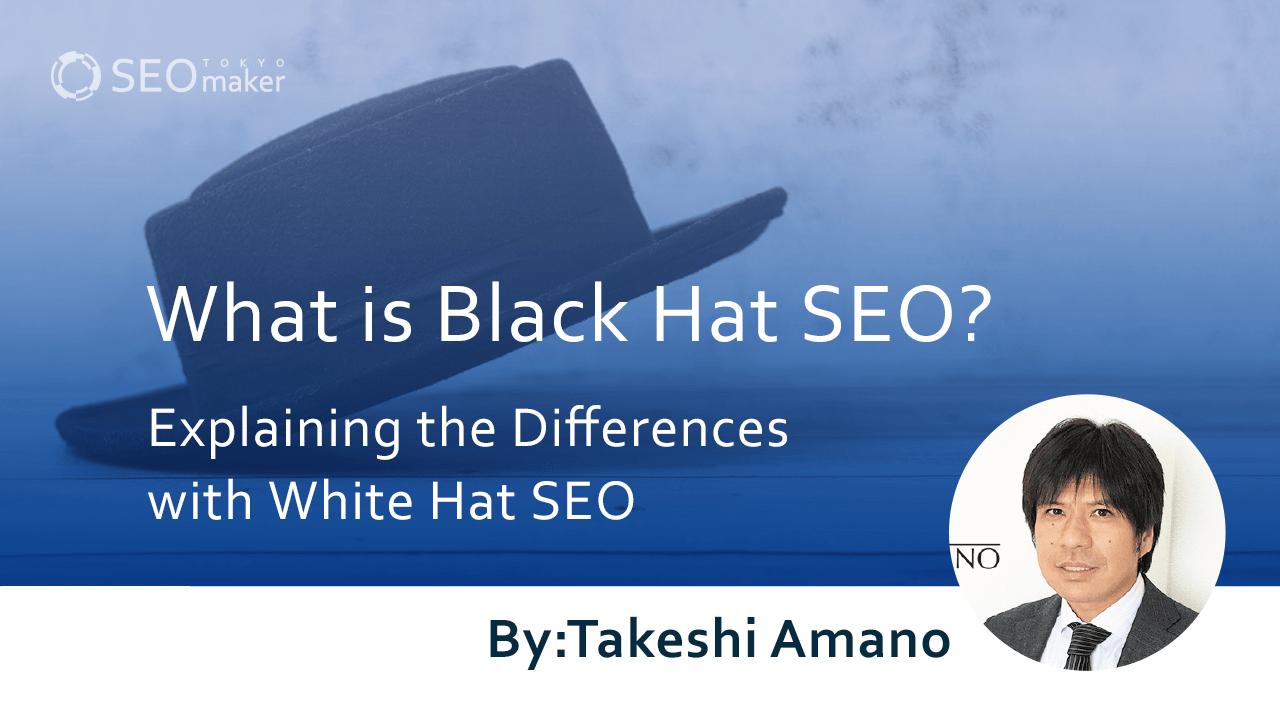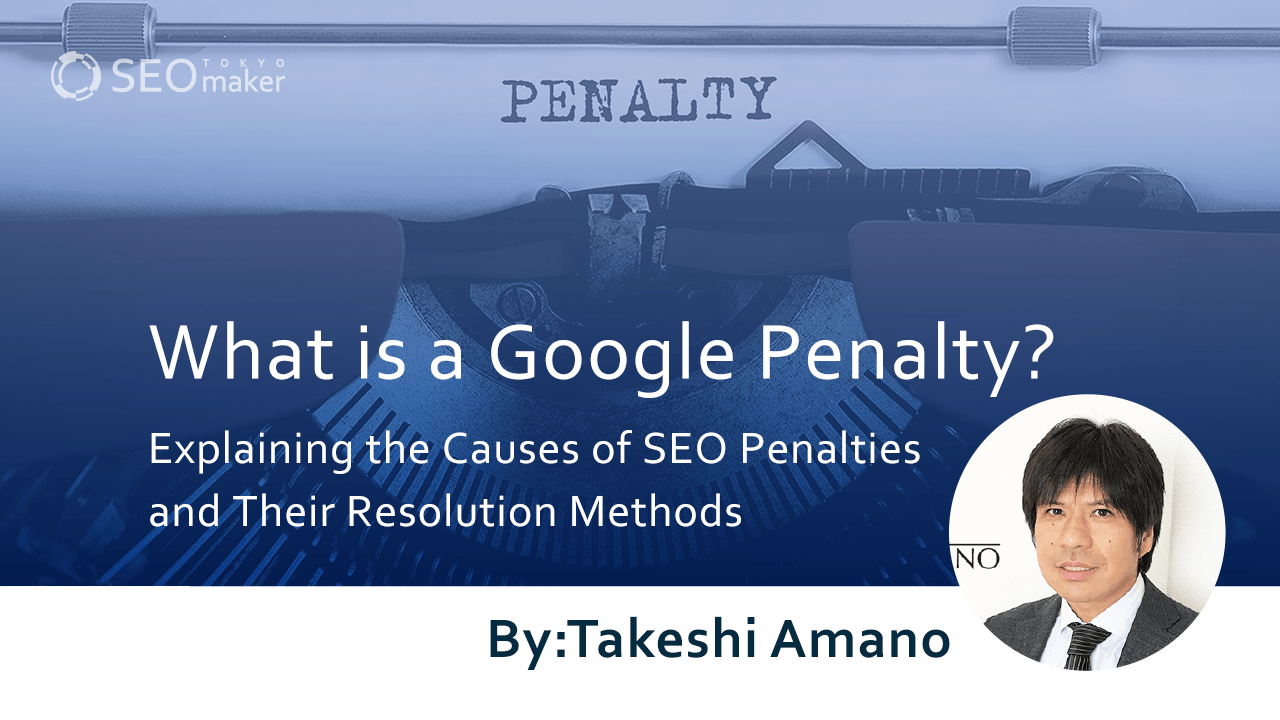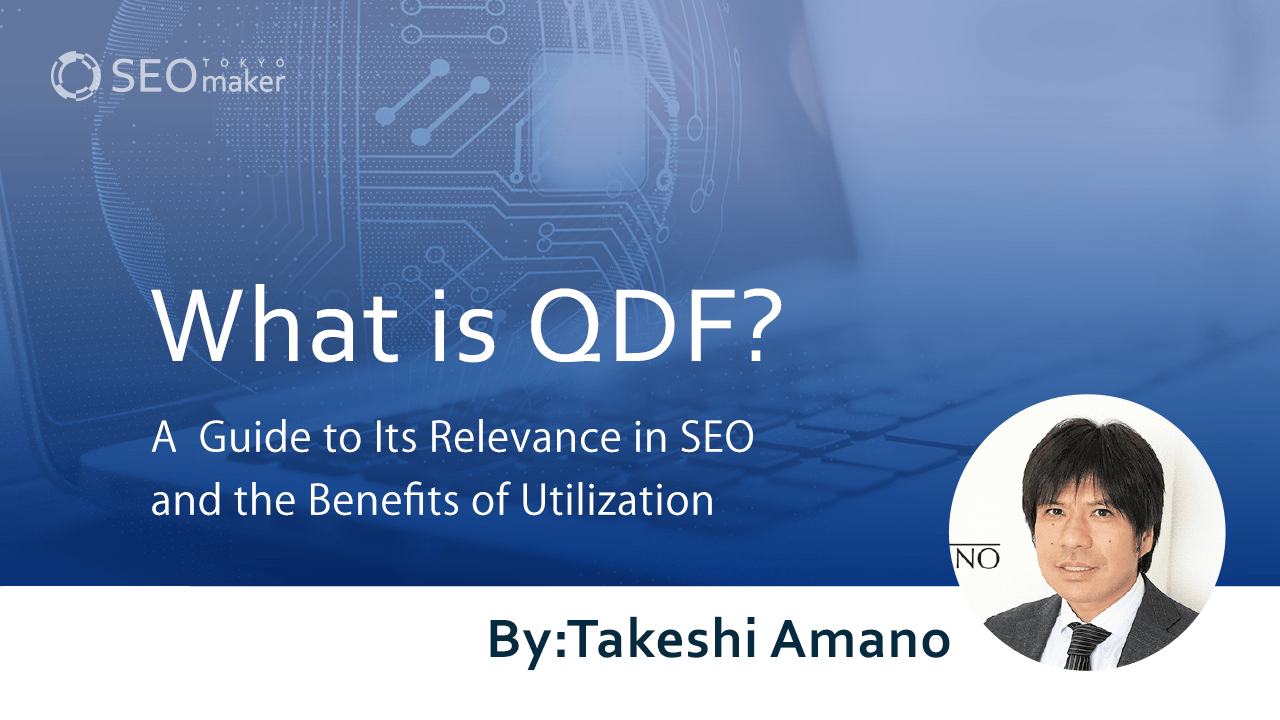What is Black Hat SEO? Explaining the Differences with White Hat SEO
contents
- 1 What is Black Hat SEO?
- 2 Black Hat SEO Methods
- 2.1 Sites Abused by Third-Party Spam
- 2.2 User-Generated Spam
- 2.3 Spam Activities on Free Hosts
- 2.4 Issues with Structured Data
- 2.5 Unnatural Links to the Site
- 2.6 Unnatural Links from the Site
- 2.7 Low-Quality or Valueless Content
- 2.8 Cloaking and Illicit Redirects
- 2.9 Malicious Spam
- 2.10 Image Cloaking
- 2.11 Hidden Text and Keyword Stuffing
- 2.12 AMP Content Mismatch
- 2.13 Illicit Mobile Redirects
- 2.14 News and Discover Policy Violations
- 3 Is Black Hat SEO Effective?
 Black Hat SEO refers to techniques aimed at deceiving users and search engines to achieve higher search result rankings.
Black Hat SEO refers to techniques aimed at deceiving users and search engines to achieve higher search result rankings.
There is a belief that “SEO methods change depending on Google’s evaluation.” While this holds some truth, it is not entirely accurate.
Google’s policies have remained constant over time. The reality is that the precision of its algorithms has yet to catch up with its ideals. As a result, those not well-versed in SEO might mistakenly believe that their rankings drop with every core update. However, adhering to standard SEO strategies and preemptive measures should prevent any significant setbacks.
However, it is a fact that even in 2023, contrary to the flow of time (?), there are still individuals attempting to improve their rankings through Black Hat SEO techniques. This discussion is about such Black Hat SEO strategies, which are supposedly ineffective in today’s context.
What is Black Hat SEO?
Black Hat SEO refers to methods that aim to improve search rankings in incorrect ways. These include spam activities and unauthorized coding. However, most of these methods are now ineffective. Until around 2010, Black Hat SEO was mainstream (or rather, it was the norm to the extent that it wasn’t even recognized as Black Hat), and these methods did improve search rankings.
On the contrary, White Hat SEO is the orthodox method recommended by Google. Nowadays, this has become the mainstream approach.
The origin of “White Hat” and “Black Hat” comes from Western movies, where the good guys traditionally wore white hats and the villains wore black hats.
The Difference Between Black Hat and White Hat SEO
Black Hat SEO involves tactics to achieve higher search rankings by deceiving users and search engines, even if it means violating Google’s guidelines and risking penalties from Google.
Conversely, White Hat SEO focuses on user-first strategies and adheres to Google’s guidelines.
Black Hat SEO Methods

List of Manual Countermeasures There are numerous Black Hat SEO methods, so many that it’s difficult to compile a complete list. However, some of these have been explicitly stated by Google in its manual actions report in Search Console Help as potentially leading to penalties. Let’s introduce these first.
- Site abused with third-party spam
- User-generated spam
- Spammy free host
- Structured data issue
- Unnatural links to your site
- Unnatural links from your site
- Thin content with little or no added value
- Cloaking and/or sneaky redirects
- Pure spam
- Cloaked images
- Hidden text and/or keyword stuffing
- AMP content mismatch
- Sneaky mobile redirects
- News and Discover policy violations
Sites Abused by Third-Party Spam
This slightly differs from Black Hat SEO. It refers to websites contaminated and misused through spam, resulting in unauthorized additions or modifications to pages.
User-Generated Spam
Primarily, this involves spam through comments or posts. Mass-producing links to direct traffic to one’s own company is spam, but using someone else’s site comments to increase backlinks is a Black Hat technique.
Spam Activities on Free Hosts
This pertains to sites on hosts (servers) that engage in spam activities, slightly different from Black Hat SEO.
Issues with Structured Data
Structured data, invisible to users on a browser but readable by search engines, are used to detail services or products. However, writing significantly different or false information about the site content or specific products falls under Black Hat SEO.
Unnatural Links to the Site
Gathering links to enhance site ranking is a legitimate tactic. However, dishonestly accumulating links to improve search rankings is considered Black Hat. The article mentions “link buying or participation in link programs,” which also includes dishonest satellite sites. Nowadays, search engines can mostly discern natural from unnatural links.
Unnatural Links from the Site
his involves emitting links to specific sites, namely, satellite sites. Sudden increases in links or links from unrelated sites are usually detectable by Google. Mutual linking can also be part of these unnatural links, so it’s advisable to avoid pointless mass linking even with acquaintances.
Low-Quality or Valueless Content
This category includes extremely thin content, copied content, or doorway pages. Doorway pages are designed to catch specific keyword searches and redirect users to certain pages, solely for this purpose. Such content has little value and is a Black Hat method.
An example of low-quality content is “word salad,” grammatically correct but meaningless text. The figure below shows a word salad generated using a tool. While readable, the content is valueless. Packing such content with keywords as an SEO strategy is a Black Hat technique.
Cloaking and Illicit Redirects
Cloaking involves showing different pages to users and search engines. While this method can be effective in evading search engine detection, it is considered Black Hat SEO.
Malicious Spam
This refers to all types of spam activities, broadly defined as “nuisance behavior.”
Image Cloaking
Even when limited to images, cloaking is still considered a dishonest practice.
Hidden Text and Keyword Stuffing
Hidden text is when text color matches the background color, making it invisible to users but readable by search engines. There was a time when more text or higher keyword usage meant better search rankings, so this tactic was used to increase target words. Similarly, links can be hidden using this method.
Other methods involve changing display styles in CSS to make content visible only to search engines. Ten years ago, many used the CSS method “text-indent: -9999px,” but overdoing it leads to being flagged as spam.
Keyword stuffing, increasing keyword density to illegitimately boost search rankings, is also a Black Hat practice.
AMP Content Mismatch
AMP (Accelerated Mobile Pages) is a service for fast mobile page display. AMP loads a different page in the background than the regular web page, so creating content mismatches between the main site and AMP page is dishonest.
Illicit Mobile Redirects
Redirecting to different pages or loading different images for desktop and mobile is common due to screen size differences. However, redirecting to different content for desktop and mobile is problematic.
News and Discover Policy Violations
This refers to general violations of Google News and Discover policies. While not termed Black Hat, these are still violations needing correction.
Is Black Hat SEO Effective?
As discussed in “SEO Poisoning: The Reality and Ideals of SEO,” some Black Hat tactics are still effective in 2021. This remains a significant issue, as certain keywords often rank surprisingly high in search results using these methods.
However, it’s a fact that Black Hat SEO has become less practical today. While some effectiveness remains, these methods don’t guarantee top search ranking. For instance, link manipulation is still in practice but has become less effective.
Let’s predict the future of three Black Hat methods still somewhat effective today:
- The Future of Link Manipulation
- The Future of Word Salad
- The Future of Cloaking
The Future of Link Manipulation
Even self-made links are mostly detected nowadays. They don’t necessarily receive negative evaluation but are often given zero value. Still, some continue with self-linking in the hope that some links will have an effect. However, low-quality external links can often lead to ranking exclusion for specific keywords, so caution is needed. With search engines’ increasing accuracy, such evaluations will likely become stricter, although some valuable content might remain effective.
The Future of Word Salad
Surprisingly, word salad remains an effective tactic in 2021, although its impact is minimal. It occasionally appears on the third or fourth page of search results for less popular keywords. With Google’s advancing understanding of Japanese, it’s expected to become entirely ineffective in the future. Generally, if humans can’t understand the content, neither can machines.
The Future of Cloaking
Cloaking, which deceives machines into redirecting to different pages, is also expected to become ineffective in the future. Moore’s Law states that the number of transistors on integrated circuits doubles every two years, suggesting machines double their intelligence biennially. While not entirely applicable, the trend follows this law. Eventually, as machines can make human-like judgments, cloaking will likely become ineffective.
Summary
Are you still practicing Black Hat SEO? Considering these factors, most Black Hat methods are currently ineffective and will likely become obsolete in the future. The only exception might be link manipulation, but its cost-effectiveness is questionable. Therefore, it’s advisable to transition to White Hat SEO at an early stage.





















